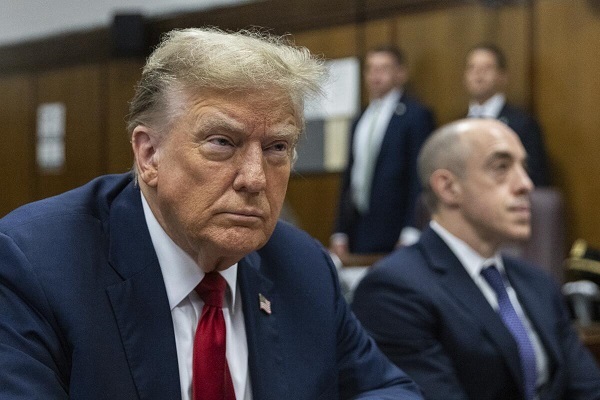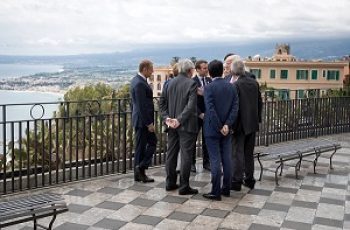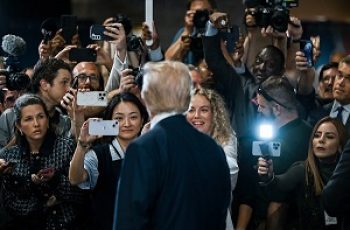Good News for Trump in Hush Money Case
September 6, New York – In an attempt to allay the unfounded suspicion of a political motive, a New York court on Friday postponed former US President Donald Trump’s sentencing in his hush money criminal case until after the election on November 5.
The Republican nominee for president, Donald Trump, was originally supposed to be sentenced on September 18. August saw his attorneys request that Justice Juan Merchan postpone his sentencing until after the election on the grounds of “naked election-interference objectives.” Democrat Alvin Bragg, the Manhattan district attorney, is the one who filed the accusations against Trump.

Main Points:
- Judge Merchan postpones Trump’s punishment until November 26.
- Given the possibility of an appeal, Trump’s attorneys ask for additional time.
- In their case, prosecutors contend that Trump’s actions are personal rather than official.
- Judge’s decision:
On Friday, Merchan announced that, barring a dismissal of the case before then, he now intended to sentence Trump on November 26.
“The imposition of sentence will be adjourned to avoid any appearance – however unwarranted – that the proceeding has been affected by or seeks to affect the approaching Presidential election in which the Defendant is a candidate,” the judge stated, opens new tab. “The Court is a fair, impartial and apolitical institution.”
In a post on his Truth Social page, Trump expressed gratitude to Merchan for pointing out that the sentencing would only happen if the judge granted his attorneys’ ongoing request to have the jury’s decision overturned.
“This case should be rightfully terminated, as we prepare for the Most Important Election in the History of our Country,” Trump tweeted.
On May 30, Trump was found guilty on 34 felony counts of falsifying business records to conceal his then-attorney’s $130,000 payment to porn star Stormy Daniels in exchange for her silence before the 2016 election regarding a ten-year-old alleged sexual encounter with the president. This was the first criminal trial of a sitting U.S. president.
After being jailed, Trump has promised to challenge the decision and has denied the incident.
“The Manhattan D.A.’s Office stands ready for sentencing on the new date set by the court,” a spokesman for Bragg stated.
“SNATCHED THE NEEDLE”
Merchan said in his four-page order that he will consider Trump’s plea to have the conviction overturned because of the historic ruling on presidential immunity made by the U.S. Supreme Court on November 12.
Earlier, he had intended to take office on September 16.
In a 6-3 decision, the Supreme Court held that presidents cannot be criminally charged for their official activities, nor can the proof of their official acts be utilized to support criminal charges involving their unofficial actions. This verdict pertained to a different criminal prosecution that Trump is facing.
Bragg’s office prosecutors contended that since their case focused on Trump’s behavior rather than his official actions, the decision should not be overturned.
However, they said in a filing dated August 16 that they would defer to Merchan on the matter and did not take a stand on Trump’s request to postpone sentencing. Prosecutors claimed that an appeal court might postpone the sentencing in any case to allow itself to review Trump’s contentions, calling such a move “disruptive.”
George Grasso, a former New York state judge who witnessed Trump’s trial, speculated that Bragg may have been aware of Trump’s frequently made accusations of election meddling when he declined to support a sentencing date before the election.
“He’s probably appropriately sensitive to opening himself up to charges from Trump and Trump supporters that he’s being too political,” Grasso said. “He threaded the needle.”
Although fines or probation are more typical, falsifying business records carries a maximum four-year jail sentence.
Trump might direct the Department of Justice to drop the criminal charges against him related to election meddling if he is elected president. He would not be able to close the Georgian election interference case or the New York state case.



No Responses